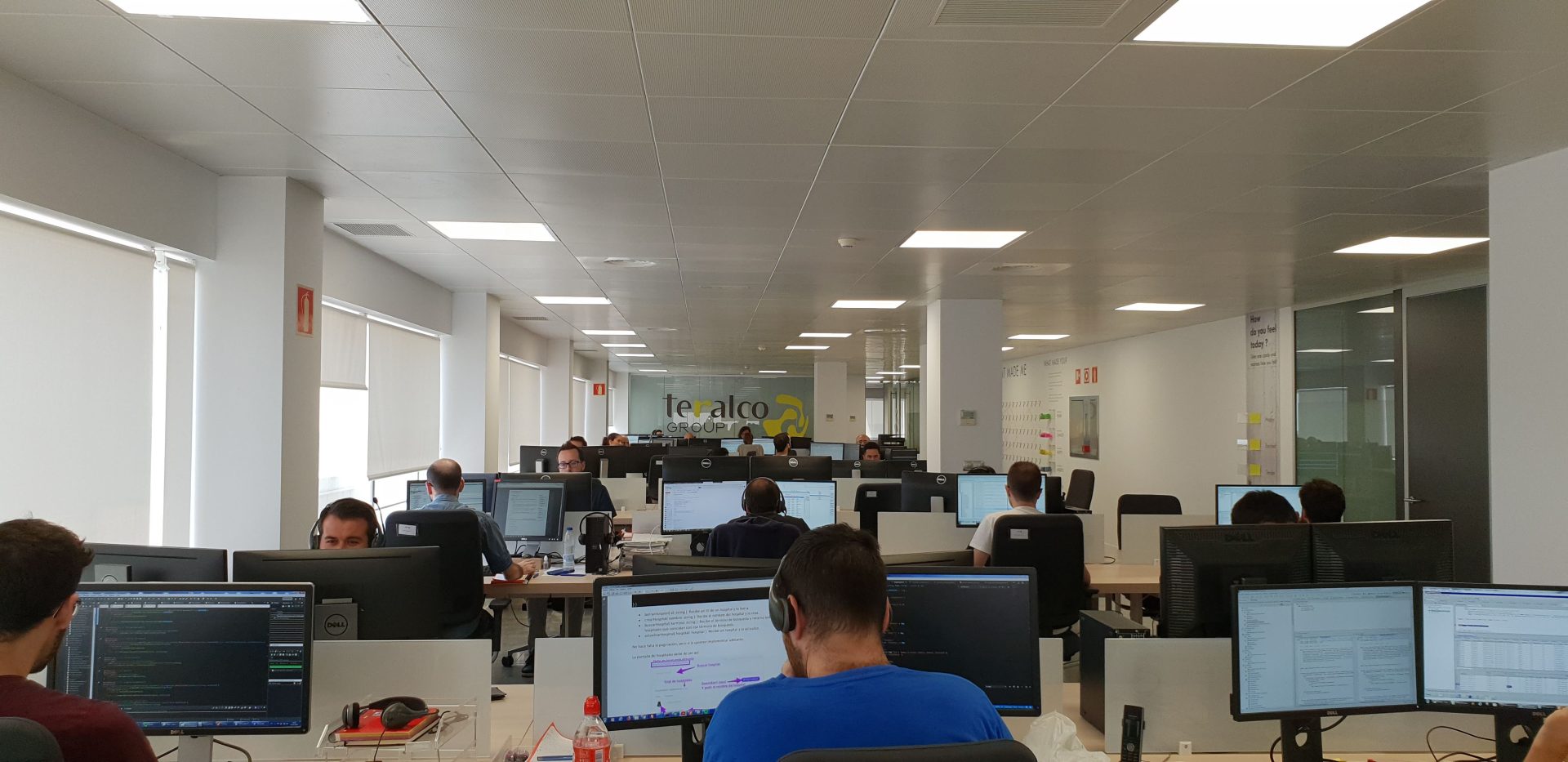If you want to know more about the role of consulting in digital transformation: Benefits and best practices, keep reading.
In the digital era in which we live, digital transformation has become a necessity for companies seeking to stay competitive and adapt to constant market changes. However, this process can be overwhelming and complex. This is where advice on digital transformation plays a fundamental role. And to combat this, we will explore the benefits and best practices of having a consultant in this area for a technology and development company.
These are some of the benefits of advice on digital transformation:
specialized expertise
A digital transformation advisor has in-depth experience and knowledge in this field. Are up to date on the latest technological trends and understand how to implement them effectively in different organizations. By leveraging their expertise, companies can avoid common pitfalls and speed up their digital transformation journey.
Strategic vision
Digital transformation advisors not only focus on technical aspects, but also have a strategic vision. They evaluate the business model of the company, identify opportunities for improvement and develop a personalized strategy to drive digital transformation. This broader perspective allows companies to align their digital transformation with their long-term goals.
Saving time and resources
Digital transformation requires significant time, effort, and resources. A consultant can streamline this process by providing clear guidance and direction. They help prioritize initiatives, identify the most appropriate technologies, and optimize existing workflows. By doing so, companies can save valuable time and resources while achieving a successful digital transformation.
Adaptation to change
One of the biggest challenges in digital transformation is managing organizational change. Digital transformation advisors are familiar with common roadblocks and know how to address them. They help create a company culture that is receptive to change, provide employee training and support, and encourage the adoption of new technologies. This eases the transition and minimizes internal resistance to change.

These are some of the good practices in digital transformation:
Comprehensive evaluation
Before beginning the digital transformation, it is essential to carry out a thorough evaluation of the current situation of the company. A consultant must analyze the existing processes, the technologies used and the needs and objectives of the organization. This assessment provides a solid foundation for developing an effective digital transformation strategy.
stepped approach
Close collaboration
monitoring and adjustment
In an increasingly digital world, the role of advice in digital transformation taking into account its benefits and best practices, crucial for technology and development companies. The benefits of having a specialized advisor are numerous, including specialized experience, strategic vision, saving time and resources, and better adaptation to change. By following best practices, such as a thorough assessment, a phased approach, close collaboration, and constant monitoring, companies can make the most of digital transformation consulting and transition successfully to a digital future.
- Teralco Group
- July 25, 2023
